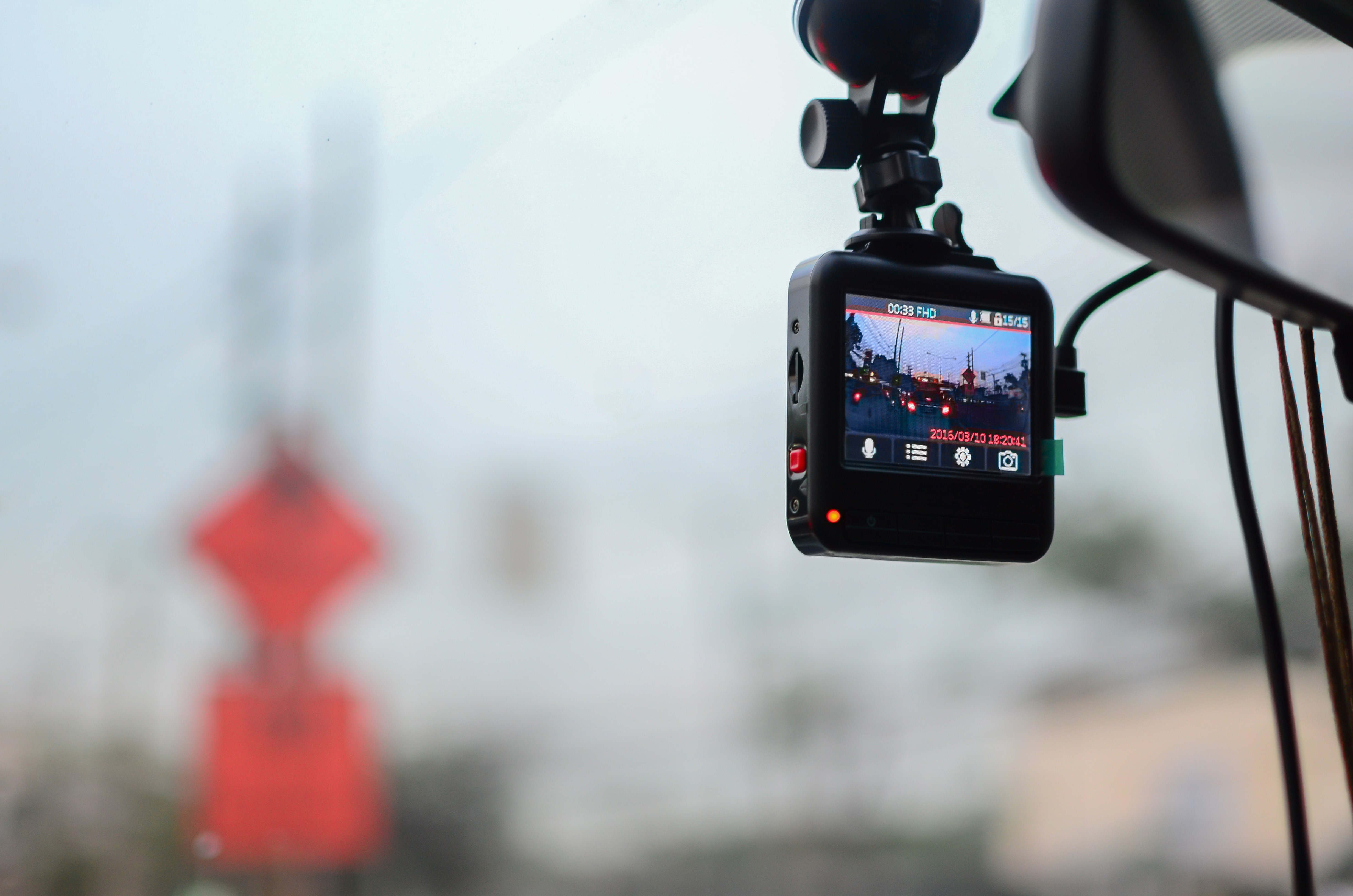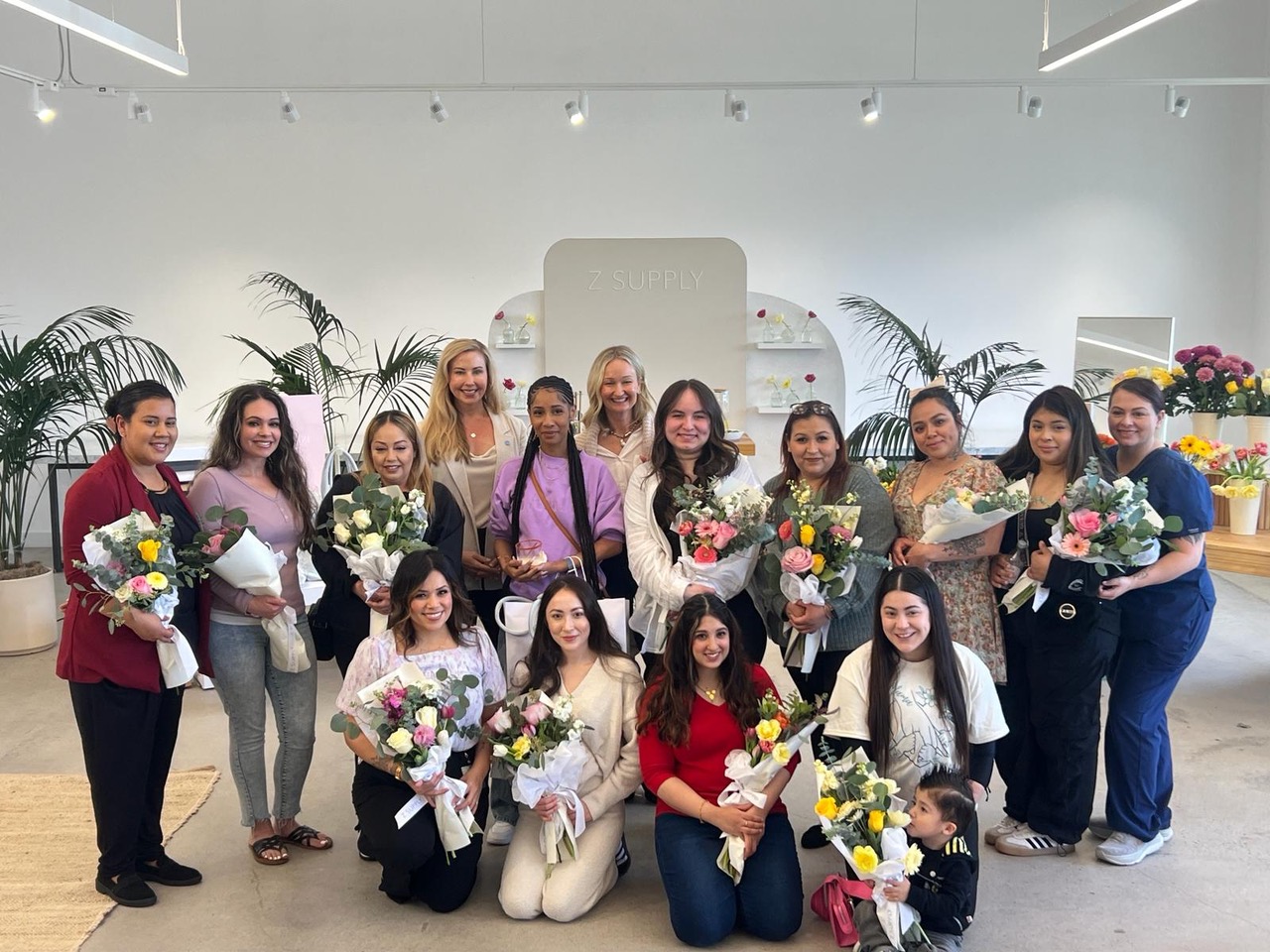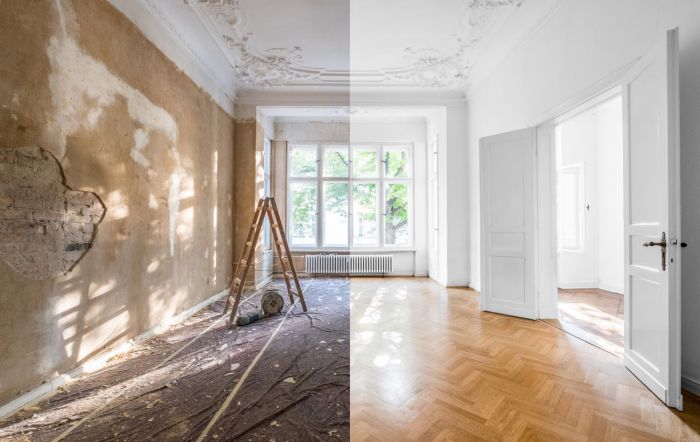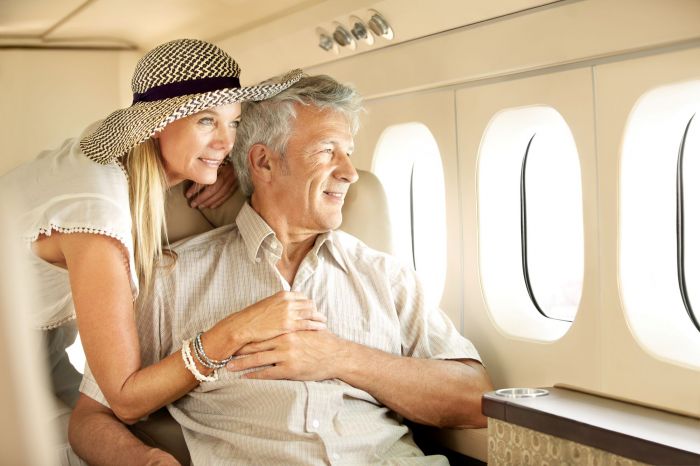House training your puppy requires more than a few stacks of old newspapers and trips outside once in a while – it calls for vigilance, persistence, commitment and consistency. The very first lesson in house training your new pup is accepting the fact it will have an accident in the house, and more likely several of them. The sooner you are prepared for that, the sooner you are prepared for life with a puppy! It often takes several weeks of constant training before your puppy learns household etiquette, so it’s important that you’re not too hard on your canine friend. The more consistent you are with the following house training tips, the faster your puppy will learn acceptable behaviour.
Start a Routine
Like babies, puppies need a regular schedule in order to become house trained, and this includes when it’s time for it to eat, play and pee. Consistency is key if you want your puppy to learn quickly and with the least number of accidents possible. Inherently, puppies crave routine and will adapt to it quickly, so the rest is up to you! Here are the important elements to your routine:
-
Go outside frequently. Generally, a puppy can control its bladder one hour for every month of age, so if your puppy is two months old, it can hold his bladder for two hours. Any longer than this, and it is pretty much guaranteed to have an accident! As its caregiver, it’s up to you to provide a consistent opportunity for your pup to relieve itself outside.
-
Establish a bathroom. Pick a spot outside that you want your puppy to use as its bathroom. Take it to that spot when it’s time and, while your pup is doing its thing, say a phrase like “find your spot” so that later it will know what to do when hearing those words.
-
Reward every time. Praise your pup with a treat and kind words immediately after it has finished eliminating. This is a crucial step because giving rewards for eliminating outside is the only way your pup will know what’s expected. Punishing your pup for the mess it has created inside won’t help you at all.
-
Have a regular feeding schedule. What goes in will come back out on a regular schedule that is unique for your pup. If you feed it at the same time every day, then you will always know when to expect the by-product!
Supervise
A critical part of training is knowing the whereabouts and activities of your puppy when it is inside. This is not only good practice in terms of puppy insurance and preventing your pup from getting hurt, but you can also watch for the signs that it’s about to have a small accident. Barking, scratching at the door, squatting, restlessness, sniffing around or circling are an indication that your pup desperately needs to relieve itself. If you catch your puppy in the middle of doing its business, taking your dog outside to finish is a great lesson they don’t tend to forget easily. If there are times you can’t supervise, designate a small, confined space for your pup to hang out in, the same way you would for any pet. Cover the floor of this space with newspaper so that when your pup does eliminate, you can clean it up easily.
Expect your puppy to have a few accidents in the house; it’s simply a normal part of the training. Just remember that your role is to be vigilant, consistent and to always reward good behaviour as opposed to punishing the bad. Not only will you get a well-trained pooch out of the deal, but a friend as well!














